
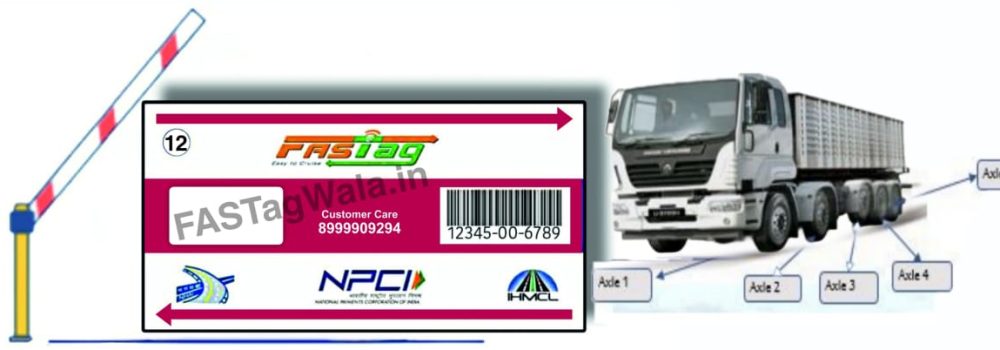
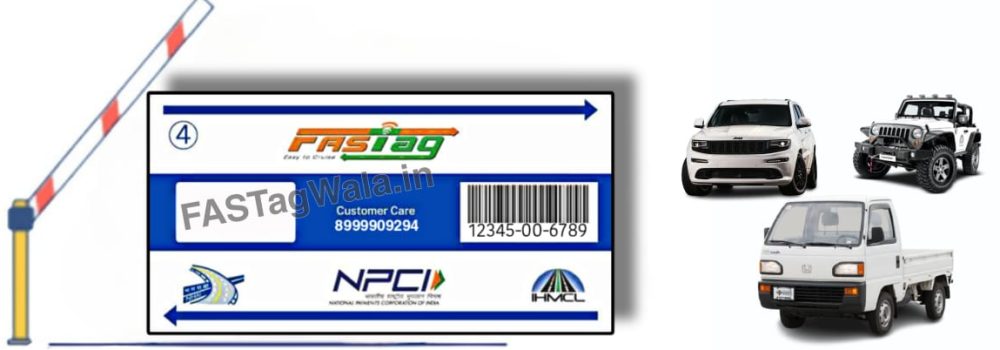
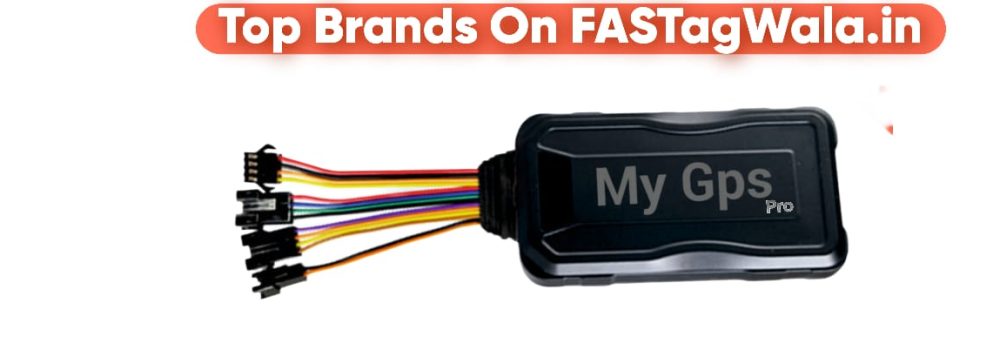

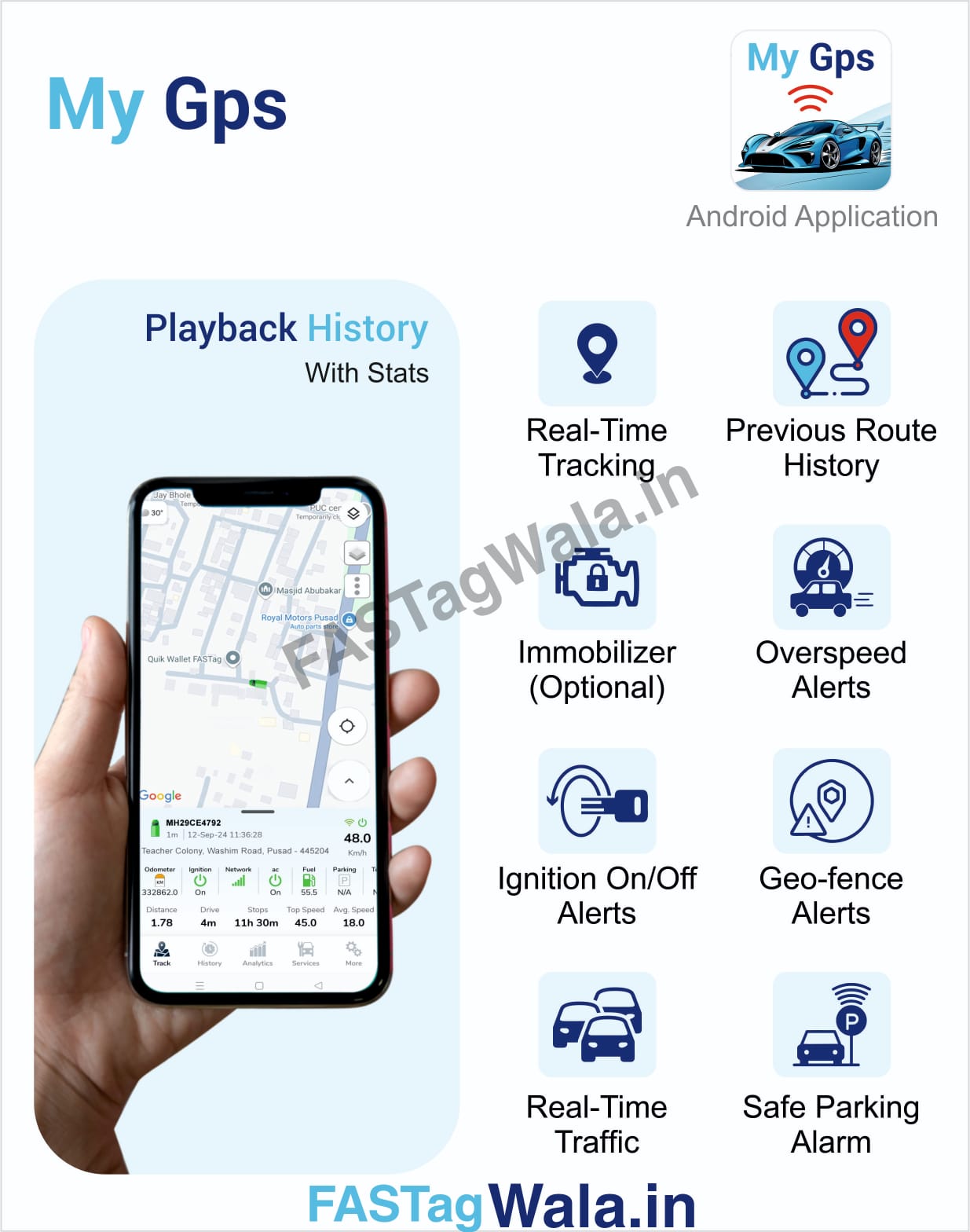
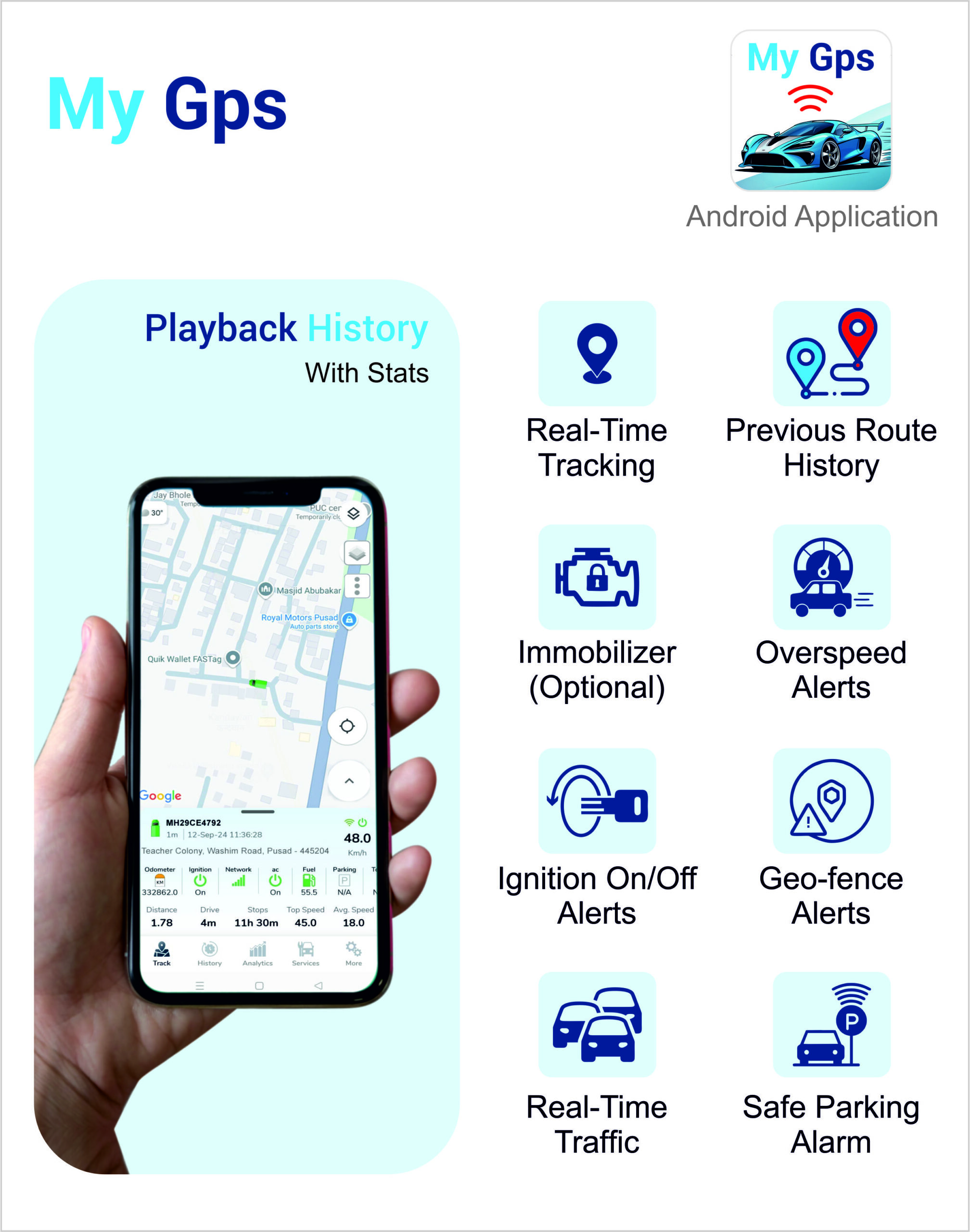


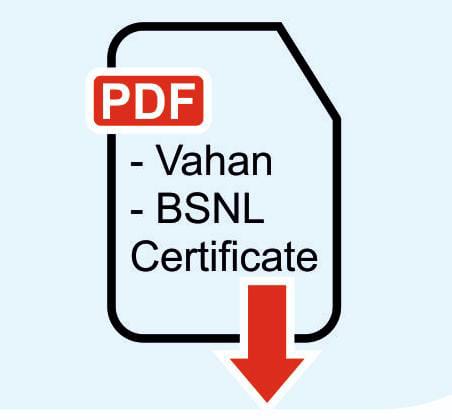
GPS Tracker Device FAQ
A GPS tracker is a device that uses the Global Positioning System (GPS) to determine and track the location of a person, vehicle, or object in real-time. It can provide detailed location data and route history, which can be accessed via a smartphone, tablet, or computer.
A GPS tracker works by receiving signals from GPS satellites orbiting the Earth. The device calculates its location based on these signals and transmits this data to a server or directly to a user via mobile networks or the internet. This location data can then be accessed through various platforms, such as mobile apps or web interfaces.
- Personal GPS Trackers: Used for tracking individuals, often equipped with emergency buttons and features for personal safety.
- Vehicle GPS Trackers: Designed to monitor the location and movement of vehicles. They are commonly used for fleet management, theft prevention, and route optimization.
- Asset GPS Trackers: Used to track valuable items or equipment, ensuring they are not lost or stolen.
- Pet GPS Trackers: Small, lightweight trackers designed to be attached to pets’ collars to monitor their location.
Key features often include:
- Real-Time Tracking: Provides live updates on location.
- Geofencing: Allows setting virtual boundaries and alerts when the tracker enters or exits these areas.
- Historical Data: Records and stores location history for future reference.
- Alerts and Notifications: Sends alerts for various events such as speeding, device tampering, or low battery.
- SOS Button: For personal trackers, an emergency button to send distress signals.
GPS trackers are generally very accurate, with most devices providing location data within a few meters of the actual position. Accuracy can be influenced by factors such as satellite visibility, signal interference, and the environment (e.g., urban areas with tall buildings).
Battery life varies depending on the device, usage, and settings. Some GPS trackers have batteries that last from several days to a few months on a single charge. Battery life can be extended with features like sleep mode or by adjusting tracking intervals.
Most GPS trackers require a subscription for data transmission and access to tracking services. The subscription fee covers the cost of cellular data, server maintenance, and software updates. Some devices offer a one-time payment option, but ongoing service is typically needed for real-time tracking
Yes, many GPS trackers come with mobile apps that allow you to monitor the device’s location in real-time from your smartphone. These apps are usually available for both iOS and Android devices.
The legality of using a GPS tracker depends on the jurisdiction and the purpose of tracking. In many places, using a GPS tracker to monitor your own vehicle, assets, or personal belongings is legal. However, tracking someone without their consent may be illegal and considered an invasion of privacy. Always check local laws and regulations before using a GPS tracker.
Installation methods vary depending on the type of GPS tracker:
- Plug-and-Play Trackers: These can be plugged into the OBD-II port of the vehicle, making installation quick and easy.
- Hardwired Trackers: These require connecting to the vehicle’s electrical system. Professional installation is recommended for hardwired trackers to ensure proper setup and avoid damage.
No, most GPS trackers require a SIM card for cellular communication to transmit location data. The SIM card provides the necessary connectivity to send information to the tracking platform.
- Check the Power: Ensure the device is properly charged or connected to a power source.
- Verify Signal Reception: Ensure the device has a clear line of sight to the sky for optimal satellite reception.
- Check SIM Card Status: Confirm that the SIM card is active and has a data plan.
- Consult Support: Contact the manufacturer or service provider for troubleshooting and support.
To protect your GPS tracker:
- Secure Placement: Install the tracker in a hidden or less accessible area.
- Use Anti-Tampering Features: Some trackers have features that alert you if the device is tampered with.
- Regular Monitoring: Keep track of the device’s location and check for any unusual activity.
Many GPS trackers support international tracking, but you need to ensure that the device and SIM card are compatible with the network frequencies and data plans of the country you are in. Some devices may require additional settings or configurations for international use.
To cancel a subscription, contact the service provider or manufacturer of the GPS tracker. Follow their procedure for cancellation, which may involve returning the device and settling any outstanding fees.


